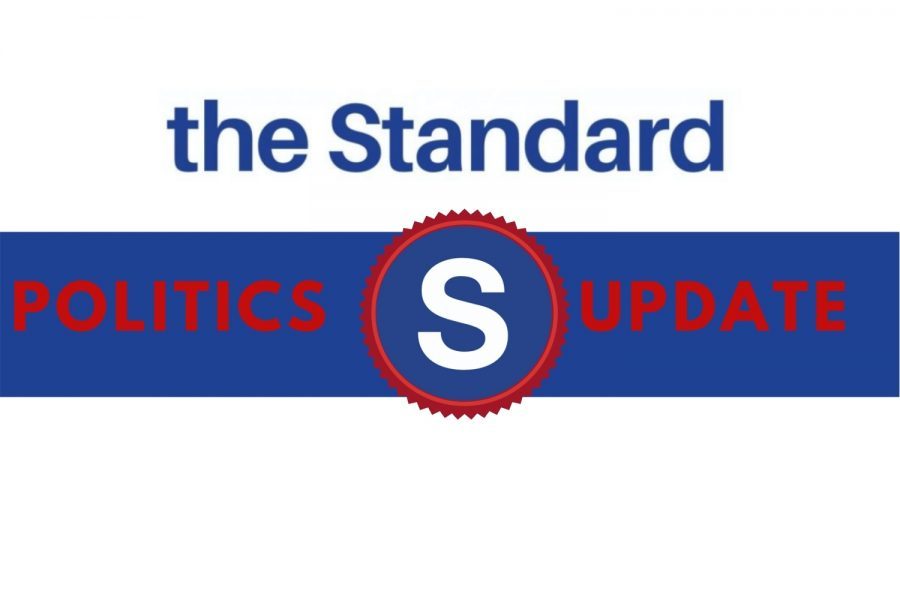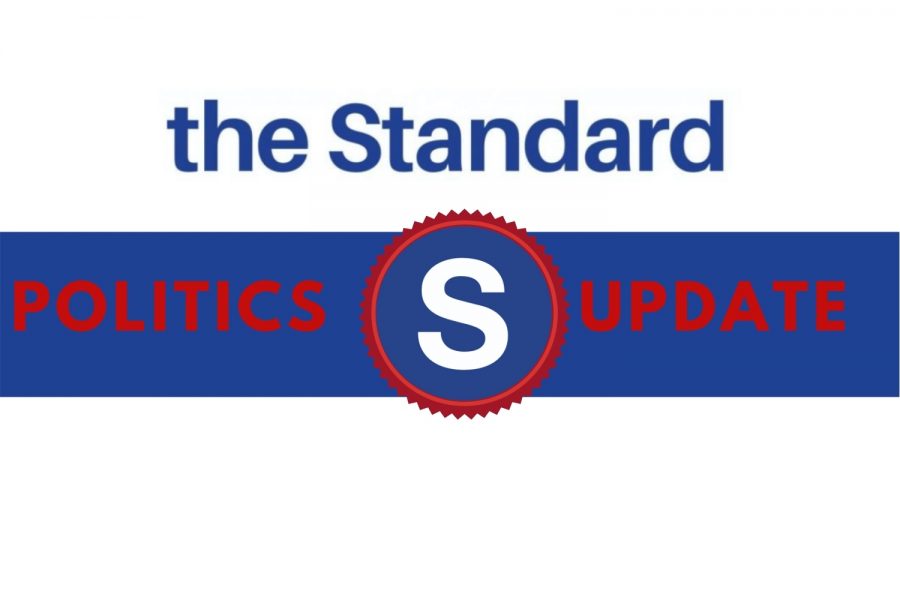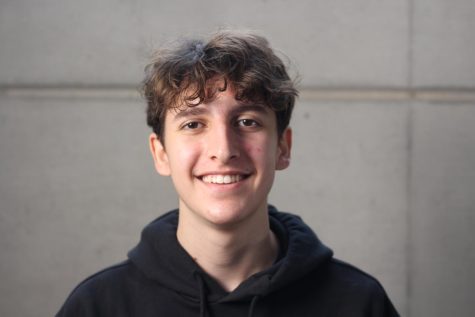Biden stops asking nicely
Following countless pleads for Americans to get vaccinated, President Joe Biden has quit asking nicely. On Sept. 9, the Biden administration announced a mandate for all citizens working in a private company with over 100 employees and in the federal workforce to vaccinate themselves for COVID-19.
In total, this new law covers about 100 million Americans, roughly 25 million of whom are not currently vaccinated. The new federal requirements could result in 12 million more Americans becoming vaccinated by mid-2022.
Although this decision angered many Americans, the impetus for the mandate is clear. The U.S. has a 55% vaccination rate, which is relatively low compared to the worldwide COVID-19 mitigation leaders such as Canada, Spain and the U.K., all boasting vaccination rates above 66%.
The reason behind the U.S.’s surprisingly low vaccination numbers compared to its counterparts in the developed world all comes back to its founding principle: freedom. The concept of freedom is constantly thrown around in American politics, and it is no different in this case.
Although freedom was the unifying principle upon which America was founded, the same concept has created a mass culture war regarding COVID-19 vaccines.
Although freedom was the unifying principle upon which America was founded, the same concept has created a mass culture war regarding COVID-19 vaccines.
Several Republican senators have spoken out against this new mandate, preaching the same line we’ve heard throughout this pandemic: mandatory vaccination goes against their freedom. This fallacious argument is the reason why the U.S. has suffered thousands of preventable deaths from COVID-19 and the highest case numbers in the world throughout the pandemic.
It is also this argument that leads politicians to ponder the question which is the basis of modern American politics: where should the U.S. draw the line between freedom and safety? In the case of the pandemic, it is vital to prioritize safety over freedom to get the U.S. back on track.
Navalny threatens Putin’s empire
Google and Apple face intense pressure from the Russian government to remove an app developed by jailed opposition leader and Kremlin critic Alexei Navalny. The Kremlin classified the creation of the app as election interference on behalf of American technology.
The app invites voters who are opposed to President Vladamir Putin’s ruling political party, United Russia. With the app’s help, voters can unify a single opposition candidate in each of the 225 electoral districts, thus increasing the number of Kremlin-opposed politicians and reducing Putin’s chances of winning future elections.
According to the Russian News Agency (TASS), the Russian government has classified Navalny’s Anti-corruption Foundation as an extremist organization.
In fact, Navalny was arrested in February after returning from Germany, where he recovered from being poisoned. Although the Kremlin denied playing any role in Navalny’s poisoning, the U.S, E.U. and Navalny all suspect the Russian government was responsible.
Since mid-August, Roskomnadzor, Russia’s federal censorship agency, has threatened to fine Apple and Google should they fail to take down Navalny’s tactical voting app. They stated that any involvement in extremist organizations is considered a felony.
Consequently, Ivan Zhdanov, a Navalny ally, stated in a Tweet that “removing the Navalny app from stores is a shameful act of political censorship.”
The Kremlin is encouraging voters to vote online, thereby making it easier for authorities to control the election process.
Furthermore, Navalny emphasizes the importance of the “smart voting” strategy by calling his supporters to vote for any parliamentary party other than United Russia, since half of all Duma seats, one of the two chambers in the Russian parliament, are allocated by party list.
Smart voting has succeeded in local elections, such as in Moscow in 2019 when United Russia didn’t perform as well as in previous years.
Navalny aims to deprive United Russia of a majority and weaken its general control over electoral commissions across the country. Doing so would allow leeway to the opposition in areas such as Khabarovsk, where support for the campaign is relatively strong.
Navalny’s campaign sheds light on Russia’s need for a fresh face in power after around 30 years of Putin in control.









